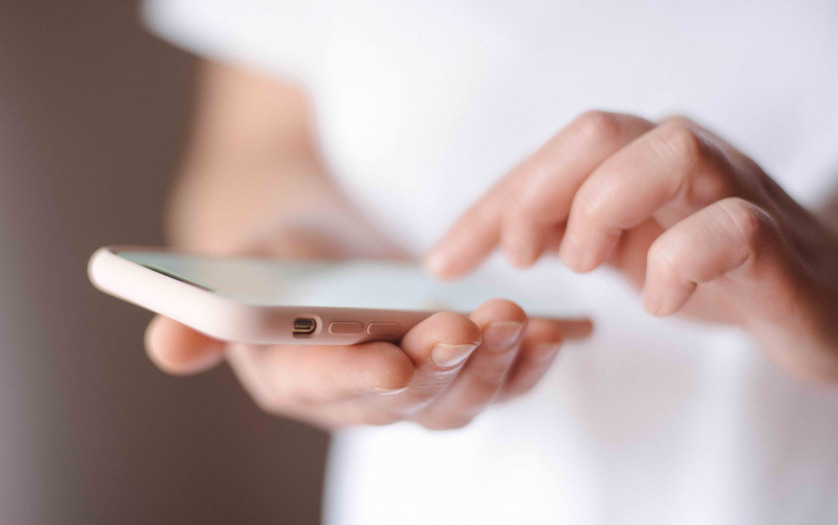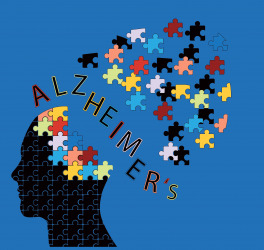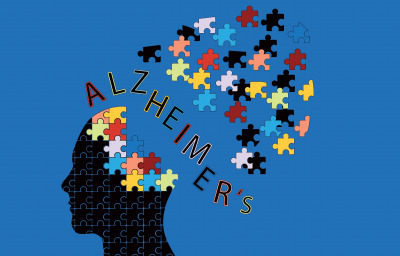
Research shows that Lifeline’s Crisis Text service is reaching entirely new groups of Australians in distress and at high risk of suicide.
Since 2019, Lifeline has provided Australia’s only Crisis Text helpline, providing support to people in psychological distress. Thanks to a $1.5 million grant from the Australian Government, Lifeline Australia has now been able to fast-track the expansion of text and chat services to 24-hours-a-day, seven-days-a-week to meet demand and increase accessibility for hard-to-reach groups.
Lifeline CEO Colin Seery said that rather than diverting phone calls from the 13 11 14 service, the always-on digital platform has in fact increased the range and total number of people contacting the organisation.
“This is a landmark in suicide prevention in Australia and is all about bringing help to people who are in situations and environments where accessing support through digital communication is the only safe or viable option,” said Mr Seery.
“The service is unique in that it allows for genuine privacy during contact, so it is well suited to support cohorts at heightened vulnerability such as help seekers experiencing domestic and family violence or those living with a disability.”
In a 2019 evaluation of the original service by the Australian Health Services Research Institute, 42 percent of contacts said they would not have used another service if the text or chat were not available.
Of 1000 help seekers who were asked to provide demographic information, the median age of people using the service is 24 years old, while 80% of help seekers identified as female.
Minister for Health and Aged Care, Greg Hunt, said Lifeline’s 24/7 text service is an important expansion of the vital service the charity provides in crisis support and suicide prevention.
“The significant surge in demand for Lifeline’s services during COVID means more people are reaching out for help, and services like Lifeline are there to help,” said Minister Hunt.
“The expansion of the text service is backed by data showing that it is the preferred channel for high risk members of the community including young people, those experiencing family and domestic violence, and Aboriginal and Torres Strait Islander people.”
The Assistant Minister to the Prime Minister for Mental Health and Suicide Prevention, David Coleman, said the Morrison Government’s long partnership with Lifeline was part of its resolute commitment to suicide prevention.
“Lifeline’s crisis service and the passion of its volunteers mean that no Australian has to experience their darkest moment alone – they literally save lives,” said Mr Coleman.
Lifeline Crisis Text is currently funded by the New South Wales State Government through a $6 million four-year grant agreement. The service has also been supported under the COVID-19 response funding ($2.5m) provided to Lifeline by the Australian Government.
NSW Minister for Mental Health, Regional Health and Women, Bronnie Taylor welcomed the fast-tracking of the 24/7 service.
“It is so important for people to be able to access support in a timely way when they are doing it tough, especially for those in difficult living environments.”
“Lifeline’s text service is uniquely placed to deliver that immediate help as well as referring help seekers to other services if they need it.”
To handle the unique challenges of the service, Lifeline is continuing to train a new legion of volunteers, while In Shift Support Supervisors offer psychological support in real time with up to eight Crisis Supporters on a shift.
Mr Seery thanked Woolworths, RACV, Domino’s registered charity Give for Good, nib Group and AGL for their backing of Lifeline 24/7 Crisis Text.
“On behalf of Lifeline Australia, I would like to thank our incredible partners for their generosity. Their contributions have enabled us to get to this landmark in digital national crisis support provision and are continuing to make a difference in the lives of real people.”
If you, or someone you know are feeling overwhelmed, we encourage you to connect with
Lifeline in the way you feel most comfortable.
You can phone Lifeline to speak to a Crisis Supporter on 13 11 14 (24 hours a day, 7 days a week), text 0477 131 114 (24 hours/7days) or chat to Lifeline online at www.lifeline.org.au (24 hours/7 days).








